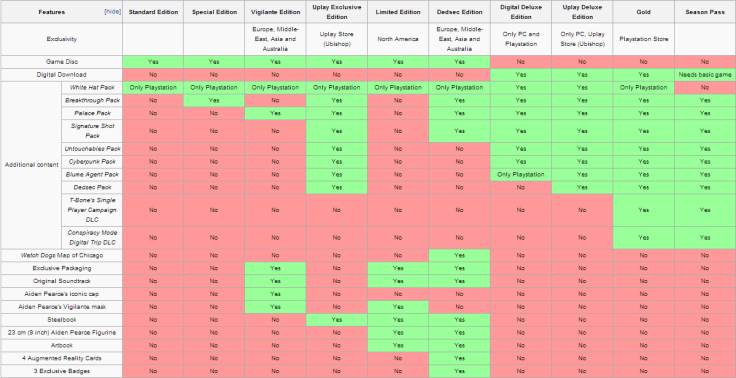CD Projekt RED CEO Marcin Iwinski took the stage at GDC 2016 with a simple message: gamers matter. His latest project, The Witcher 3: Wild Hunt, has just become the most award winning game ever - racking up more than 250 awards in less than a year. In a release year that had heavyweight competition from franchises like Fallout 4 and Halo 5 that's no small feast. But Iwinski was humble in his assessment of the success, and explained that his studio runs board meetings and brainstorming sessions around a basic guiding principle.
“Imagine you have to explain yourself to a room full of gamers,” he said. Gamers are unique consumers and Iwinski cited them as an "infinite source of feedback" for developers because virtually no other consumer electronic has a passionate following.
"Do you tweet about how great the rotator on your washing machine is?" he asked.
Known for his gamers first, anti-DRM stance, Iwinski outlined the core principles CD Projekt RED used to make The Witcher 3: Wild Hunt a critical and commercial success. First, he said companies need a great game, then they develop a "gamer-centric value proposition" that respects the customer and the purcahse, and finally, they must talk about the game. Get the word out through open and honest communication with fans.
These principles seem obvious, but Iwinski came prepared with a few examples of what not to do. These were missteps made by other companies, and Iwinski wasn't trying to talk trash, but they reinforced his points. For example, he talked about the decision to only release two editions of The Witcher 3: Wild Hunt at launch: a standard and a deluxe.
"We really want to make it feel like something you would want to keep, so we put a lot of stuff in [the standard edition]," he said. "Actually, we weren't able to physically fit any more stuff in the box."
The deluxe edition featured even more, and sold out long before the game hit shelves. Keeping it simple kept it successful. Not so for Watch Dogs, it's numerous special editions were widely mocked and one look at this wiki table shows why.

CD Projekt RED also understands that gamers want to see long term support. For Iwinski, it means alot that someone spends money on his game and he wants to honor that by committing to regular content updates. The Witcher 3: Wild Hunt had 16 free pieces of DLC, and two lengthy expansions priced at $10 and $20. He compared this to Star Wars Battlefront, which pissed off a lot of gamers with a DLC pre-order price plan many thought was a ripoff.
"If a company is asking you to pay for it now ... I think whenever you're asking people for something you should really give a very honest justification," he said.
Iwinski told the GDC crowd it's imperative to own up to mistakes and be direct with customers, and explained that The Witcher 3: Wild Hunt wasn’t immune to controversy. During development, word got out that the console versions had been graphically downgraded to a quality lower than what had been revealed in trailers. Many fans who had pre-ordered the title felt betrayed and, instead of ignoring the controversy or delivering PR spin, CD Projekt RED owned up to it. In fact, Iwinski said he was ready to reimburse gamers out of his own pocket.
"If the story would've exploded I was actually ready to issue a statement that I would refund all the copies out of my own pocket," he said, adding that other members of management talked sense into him.
Iwinski's GDC panel gave valuable insight into what made The Witcher 3: Wild Hunt one of the most successful next-gen titles to date. The strategy sounds obvious, but Iwinski empathized with developers who have to deal with many outside pressures making these decisions. For now, CD Projekt RED enjoys the autonomy of being its own publisher. And the fans enjoy it too.


















